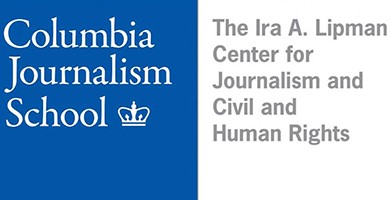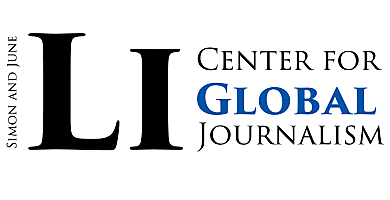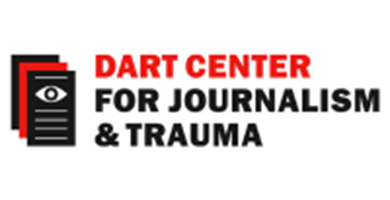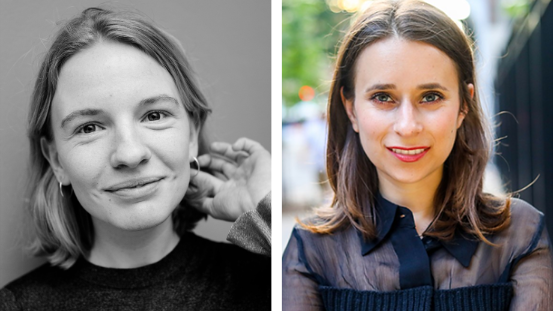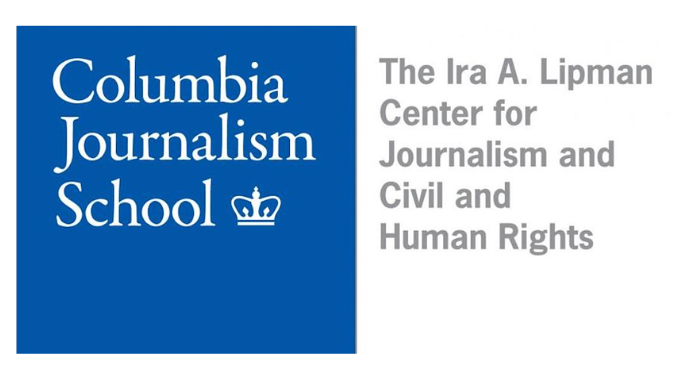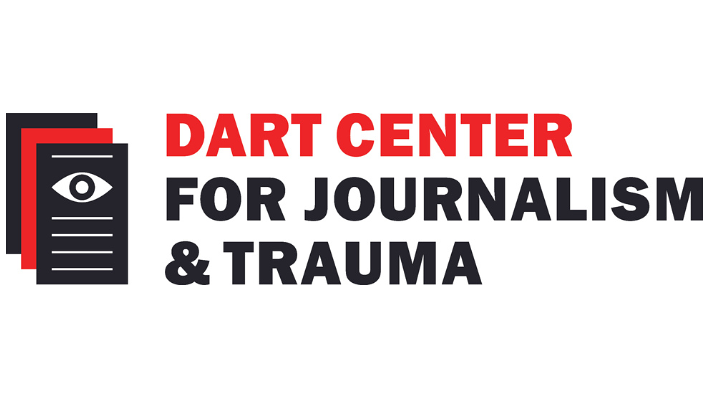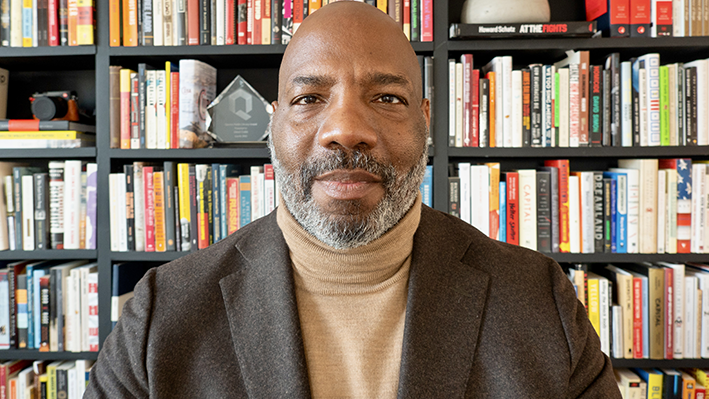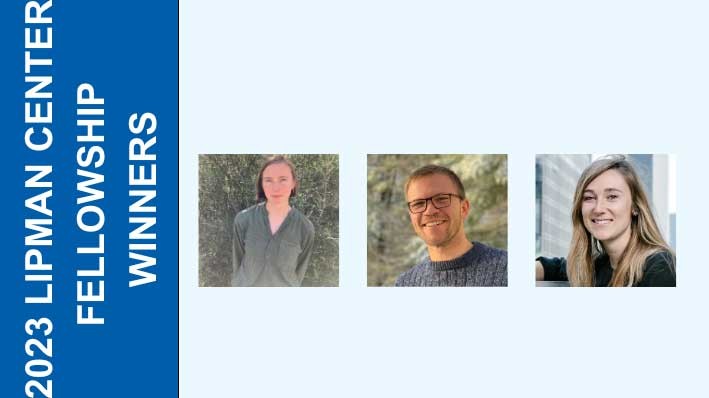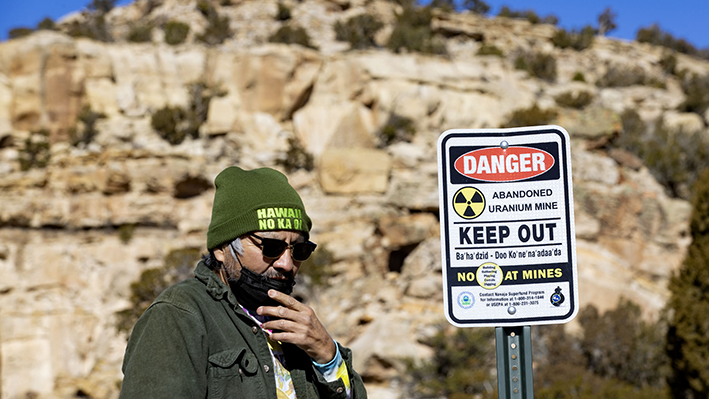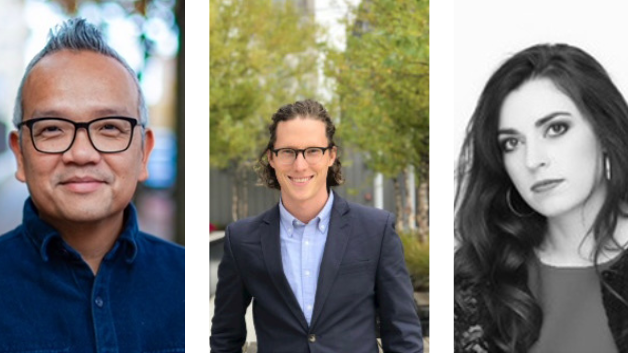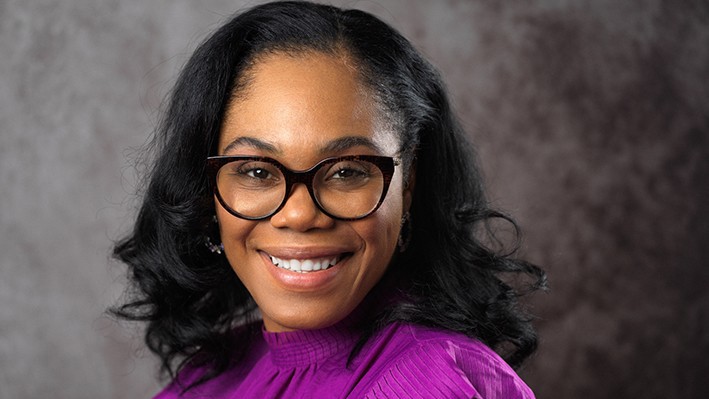We believe that all human beings have dignity, that cruelty is never justified, and that power must be held to account; that a multiracial, multicultural democracy requires vigilant and consistent reporting on the rights and experiences of all people...
At the heart of Columbia Journalism School’s mission – training journalists to cover a multifaceted and ever-changing world – is the precept that our community must be an authentic reflection of that world.
Guided by this principle, we believe the following:
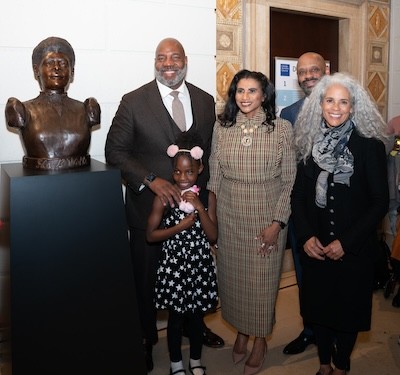
- Meaningful representation of cultures, races, faiths, economic status, gender, and sexual identities is a critical part of this profession. It is essential for uncovering truths and telling the full story.
- Every member of our community and visitor to our school should be treated fairly and equitably in every interaction, school policy, resource, and opportunity. Our school must be a place where all students, faculty, staff, and alumni are seen, heard, and respected.
- This commitment to inclusivity and mutual respect must extend through all phases of the student experience, from recruitment to graduation and beyond.
- Our pursuit of inclusive journalism is a process that must be revisited continuously and assessed on its progress and impact.
Having been imbued with this set of values at the journalism school, our graduates should carry this same ethos into their workplaces, whether in the field of journalism or elsewhere. As the home of several centers of research, fellowships, prizes, and professional development programs, Columbia Journalism School must uphold the standards stated above in everything we do.
The battle against disinformation and the work to safeguard press freedom and democracy can only succeed if we uphold these principles of inclusivity and mutual respect.
Resources
Partners
Below is a list of Columbia Journalism School Centers who contribute to the Diversity, Equity and Inclusion work happening across the school. Each of these Centers supports the journalism school's mission and core values to educate students worldwide to become conscientious, accomplished professional journalists.
Events
2024 Fair Trial/Free Press Conference
Dog Therapy with Alice! Health Promotion & Columbia Athletics
Diversity, Equity and Inclusion News
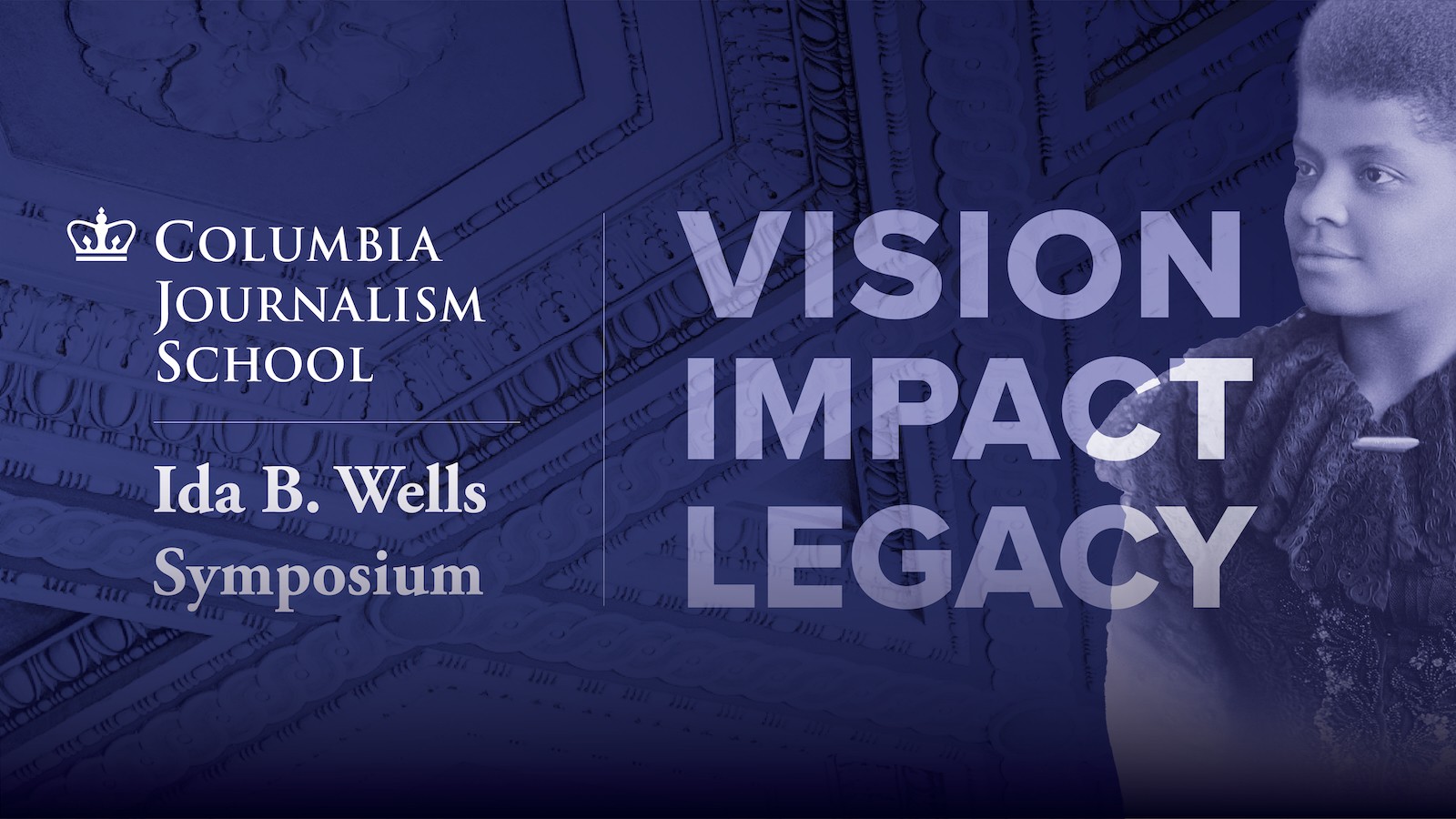
Historic symposium will bring journalism, art and scholarly voices to Pulitzer Hall; Bust of Wells to be unveiled during the day-long event

